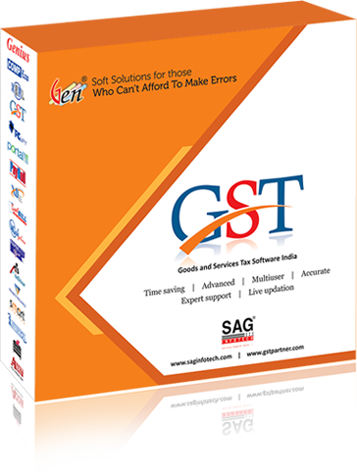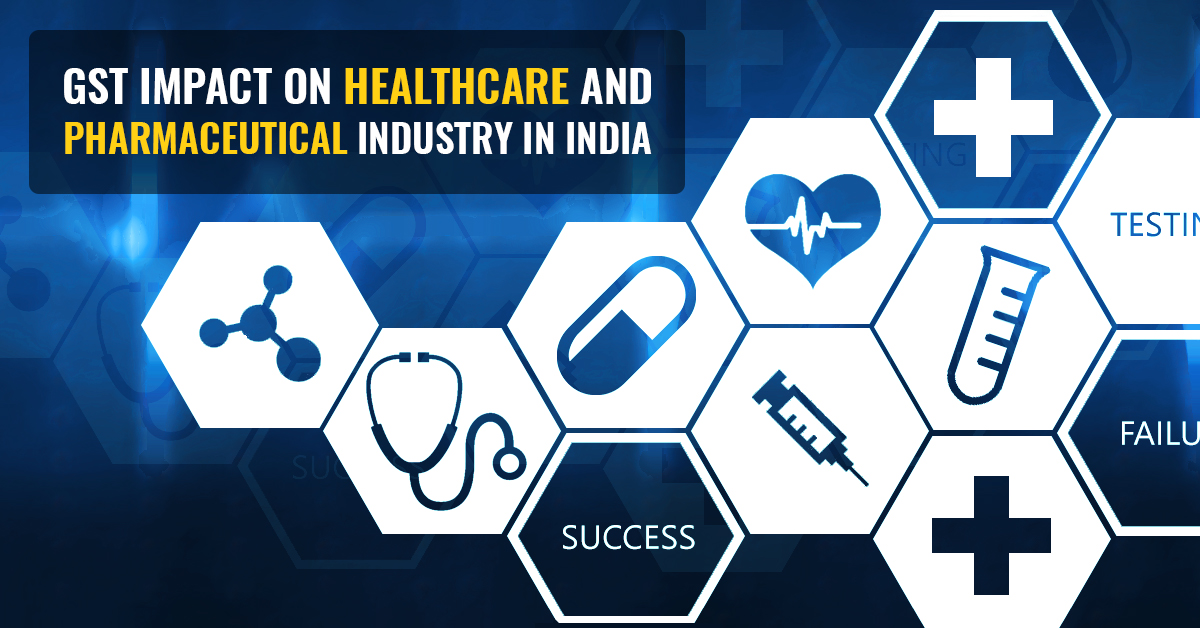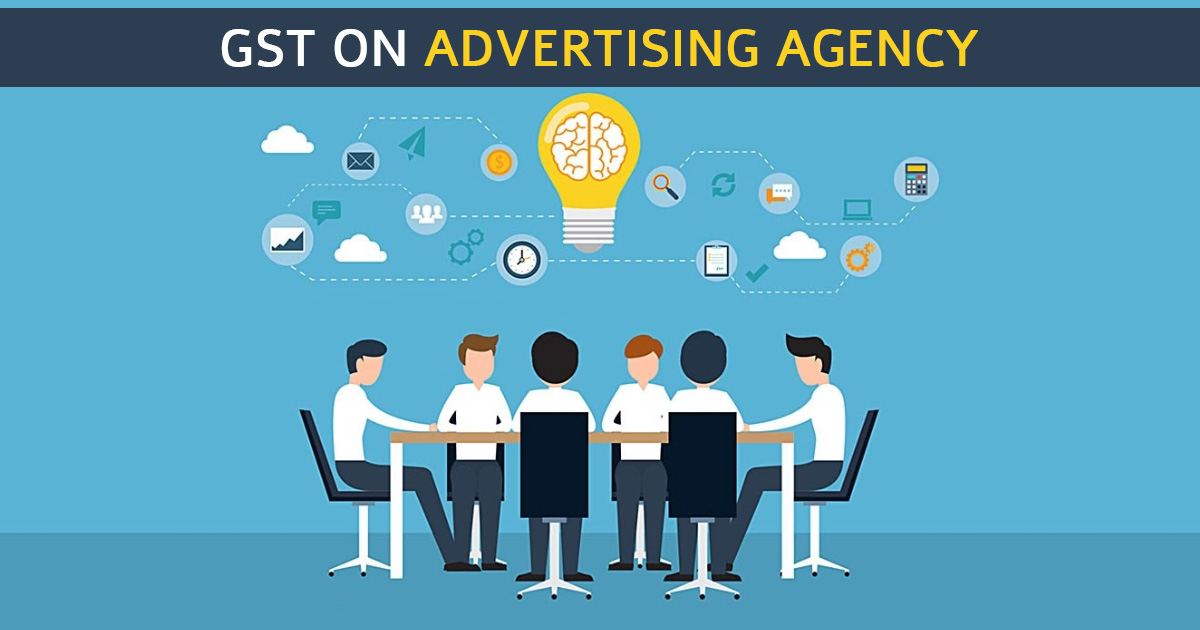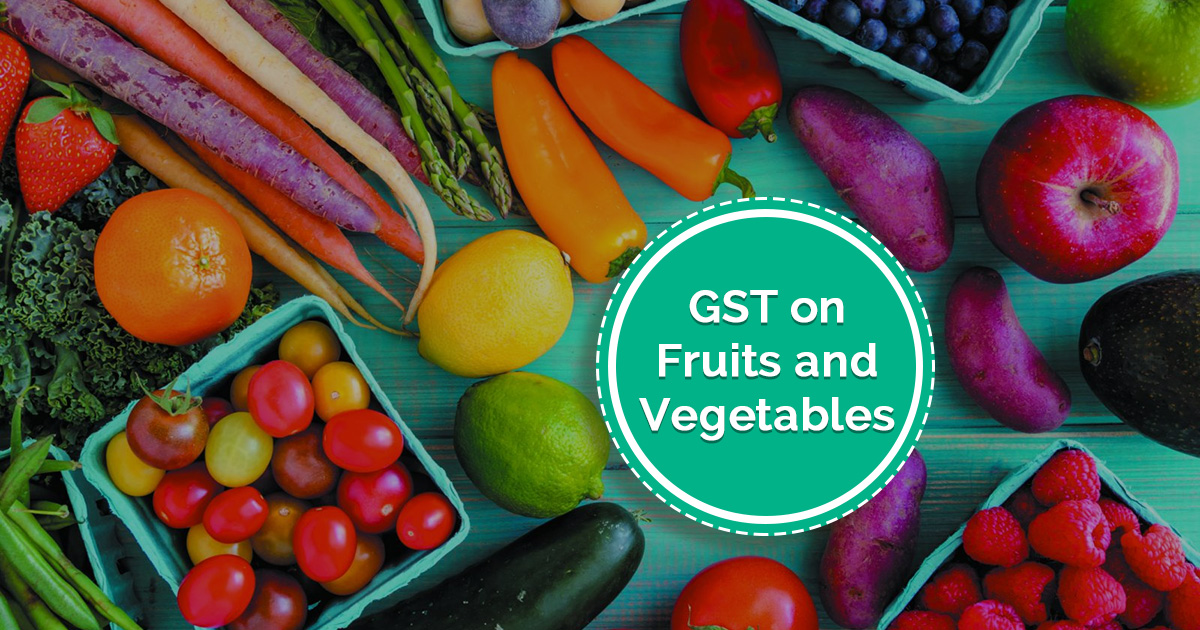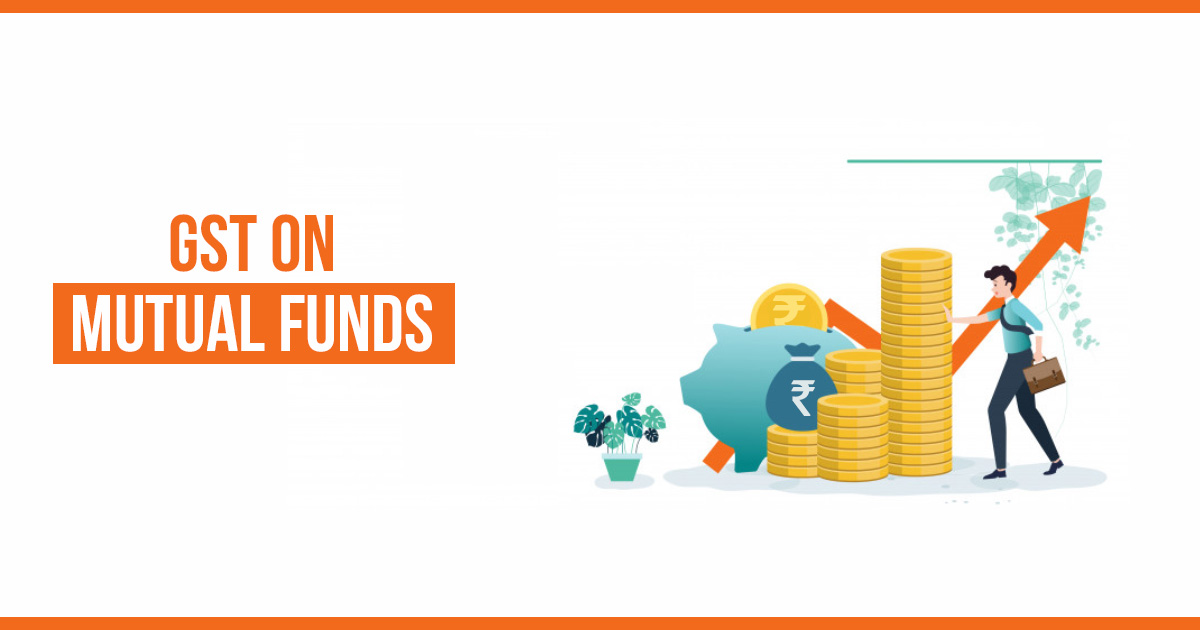The Goods and Services Tax is a unified, consumption-based tax on the supply of selected goods and services. It was officially implemented by the government of India on 1 July, 2017. The GST system is applicable on most of the commercial supplies including the healthcare and pharma industry products and services. The impact of GST on healthcare and pharmaceutical sector is becoming known with time. Let’s find out the GST rate on various medical supplies and how it impacts the people and businesses in general.
GST (Tax) Rate on Healthcare Services
One major change after GST was seen in the form of revised tax rates on taxable products and services. Since the healthcare industry is also under GST cover, the following changes are made to the tax rates on different healthcare related supplies in the country.
GST rates on Healthcare Commodities
- 0% – Contraceptives, Human Blood
- 5% – Medicines, Animal or Human Blood Vaccines
- 12% – Ayurvedic Medicines, Medicinal Grade Hydrogen Peroxide, Anaesthetics, Potassium Iodate, Iodine, Steam, Glands And Other Organs For Organo-Therapeutic Uses, Ayurvedic, Unani, Homoeopathic Siddha Or Biochemical Systems Medicaments, Sterile Suture, pacemaker, heart valve
- 18% – Tampons, Disinfectants, hospital beds, oxygen cylinder, consumables
Revised tax rate on Hospital Room Rent
- Below Rs.1000 – 0%
- Rs.1000 to Rs.2499 – 12%
- Rs.2500 to Rs.7499 – 18%
- Above Rs. 7500 – 28%
While the tax rate on some medical commodities was increased, the tax on many other medical supplies and services is reduced under GST. However, the increase in tax on some basic and most crucial medical facilities such as kidney and heart operations have increased the troubles of the middle-class people of the country. Most of these healthcare services are kept under the GST slabs of 12 and 18 percent which has significantly increased the cost for individuals. Take a look at the revised GST rates on healthcare services/supplies and their impacts.
| Department | Summary | Pre-GST | Post-GST | Items Getting Expensive | Impact |
| Nephrology | Dialysis Under Heavy Tax | 5% | 12% | Homo Dialysis Machine, Tubings, Dialysis Needles, Catheter, Plasma filter, Dialysis fluid | Currently, dialysis is charged at a rate of INR 1800 to 2200 which will be further increased by INR 300. According to this, those individuals who are getting dialysis treatment 10 to 12 times per month will be incurring an additional INR 40,000 as an annual burden. |
| Heart Treatment | Pacemaker under 18 percent GST | 5.5% | 12% to 18% | Lead valve of Pacemaker, Device (Heart failure machine CRT – ICD) | Pacemaker worth 1.5 lakh will now cost 15-20 thousand extra. ICD will also cost an extra 40 thousand which comes at currently 3 lakh per machine. |
| Eyes Treatment | Lens surged upto INR 500 while operations became 15 percent costlier | 9% | 12% to 18% | Checkup machines, Indian lens INR 1200 to 3000 has surged INR 1500 to 3500. Foreign machines which used to cost at INR 5000 to 9000 currently they are hiked at INR 6000 to 10000. | Lenses prices have hiked up to 12% from 9%, while many of the machines are attracting 28%. Along with the lenses, the operations cost has also increased up to 15 to 20%. |
| Orthopedics | Support devices getting costlier, Implants neutral | 5% | 12% to 18% | Disposable items, Bone cement, Operation equipment like drill machines and its batteries. | Implant taxes are 5% but the supported items in operation are now under 7% to 28% tax rate. Finger coat, Kneecap, Brep belt also attract 12% now. |
| Cancer Treatments | Except for blood cancer treatments, every other treatment of cancer costs 12% extra | 5% | 7% to 12% | – | All the imported medicines have become expensive. Advanced stage cancer patient will be spending INR 10,000 extra on the treatment. |
In addition, the related products like surgical gloves, wheelchair and other products now cost more. See the revised rates on these products below.
- Surgical Item – from 5.5% to 12%
- Wing Scale – from 5% to 28%
- Hot Water Bag – from 5.5% to 28%
- Wheel Chair – from 5% to 18%
GST Rate Impact on Healthcare and Pharma Industry
The Goods and Service Tax had both negative and positive impacts on this industry. Whereas the pharma industry is expected to benefit from GST in the long term, most other health sectors see a decrease in growth.
GST has subsumed all the previous indirect taxes, including the service tax, with a single tax system. Also, there is no Central Sales Tax in GST which reduces the assembling and storage costs for medical companies.
The cost of life-saving treatments has increased under GST, thus directly impacting the budget of the common man. Even though it helps to make the tax system less complex and prompts business growth in this sector, the common individuals are not very happy with the increased burden of healthcare on their pockets.
Recommended: GST on FMCG Sector
As for the medical tourism, GST is aimed at improving the growth and profitability in this area as well.
The increased GST rate on various medical equipment, supplies and services has resulted in a hike in the cost of general treatment. For example, a 12% GST on dialysis machine and other equipment has resulted in an increased in the cost of kidney treatments. These products were previously under the 5% tax slab.
Another impact was seen in the form of a hike in the cost of blood and related supplies. Earlier, there was no tax on blood bags, however, the introduction of GST has resulted in an increase in the cost by up to Rs 200 per unit of blood. There is also a 12% GST on the bags used to carry blood.
Other tax revisions include a 3% increase in the tax on maintenance contracts, a 3% increase in health insurance costs, and tax on hospitals beds revised from 11-16.5% to 18% under GST.

